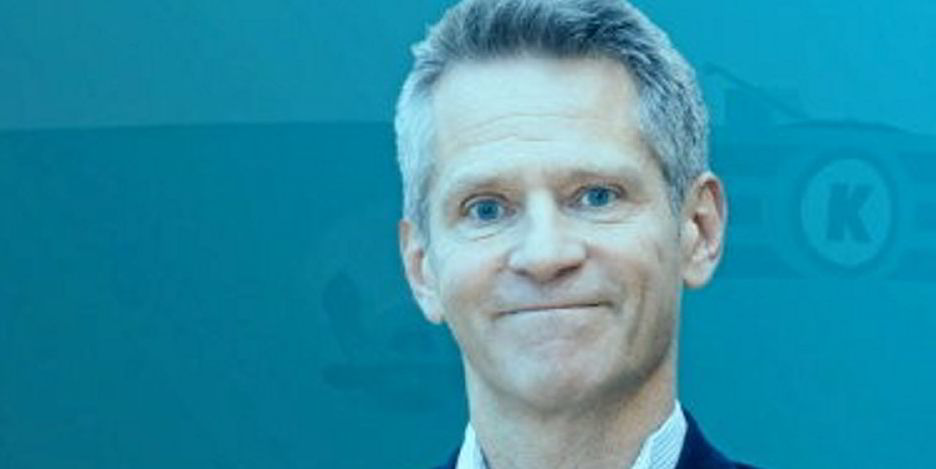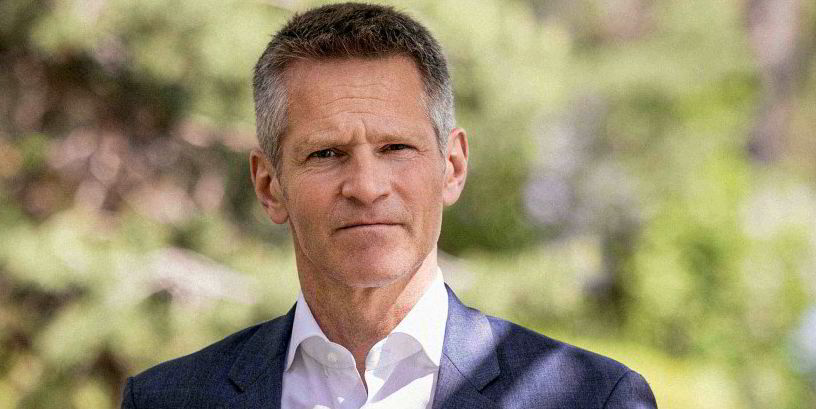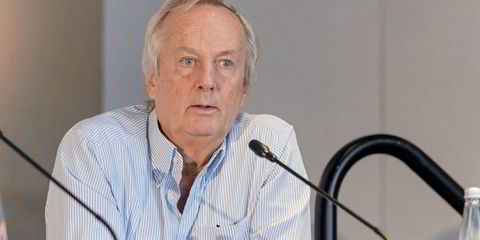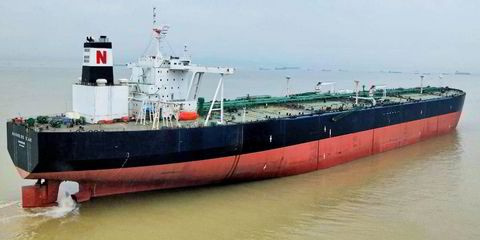Norway’s Klaveness Combination Carriers (KCC) is preparing to replace its oldest vessels as prices move in its favour.
Chief executive Engebret Dahm told a conference call with analysts that three 73,000-dwt vessels out of eight Cabu combination carriers are now more than 20 years old.
These ships, which carry caustic soda and dry bulk cargoes, will be replaced “at some stage” with newbuildings.
But he added: “We have an acceptance from our customers that we will upgrade them until they are 25 years.”
This means they will be trading until 2026 and 2027.
Some of their business can be covered if necessary by the newer Cleanbu ships, which carry a wider range of oil products, as well as dry bulk, Dahm explained.
And he said: “Our job as management is to find the right time to replace them, because this is a huge new profitable business.”
If KCC went out in the newbuilding market today, it could secure delivery in 2026, Dahm added.
He expects a new Cleanbu would cost between $10m and $15m more than a Cabu.
Operating expenses are also higher for Cleanbus.
“For trades to Australia, it is clearly beneficial for us to continue using a majority of Cabus,” he told the call.
“With the age profile of our fleet, we expect the next step of fleet renewal will be Cabus.”
But there is also potential to expand Cleanbu trading with extra ships.
Expansion limited by fleet capacity
Dahm said the company’s fleet is fully booked: “We would have liked to expand with new customers, but that is limited with the capacity we have.”
Cabu newbuilding pricing will be based on the cost of a kamsarmax bulker, and then more money on top for the combination carrier element.
Dahm said kamsarmaxes were priced at close to $38m last autumn, but are now between $34m and $35m.
He expects a Cabu could therefore set the company back $50m, depending on energy-efficiency measures and readiness for future fuels.
The CEO said there has been a better newbuilding price development for bulkers than for tankers, which have risen in price consistently for the past two years.





